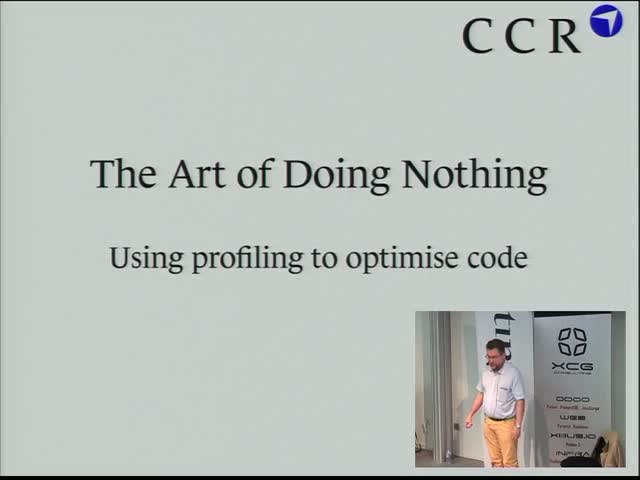Summary
We're lucky with Python that we can concentrate on getting the job done and often don't have to worry about how fast our code runs. After all code than runs today will finish before faster code that runs tomorrow. But what do you do when you need to make your code run faster? This talk will give you an introduction into how to improve performance where you need it most.
Description
We're lucky with Python that we can concentrate on getting the job done and often don't have to worry about how fast our code runs. Those of us without computer science degrees really know how to appreciate this. And 9 times out of 10 you probably don't need to worry at all about the speed: if the program takes 10 minutes to run but saves you hours of work then it's a job well done. But then there is that 10th time…
Based on work done over the last couple of years with openpyxl I will show some tips and tricks as to how you can approach improving performance without having to become a mathematical genius or computer whizz. There is lots of good advice about performance around but it has to make sense within the context of your application: does it matter that Python loops are considered slow?
The talk will cover using tests and profiling to identify the areas that you need to work on, stop you breaking stuff irreparably, and what things you might want to research or ask about. I do promise you: the art of performance really is the art of doing nothing!
La présentation sera en anglais mais je parle le français assez bien et peu répondre aux questions en français ou peut-être le franglais!


